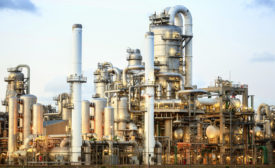Home » chemicals
Articles Tagged with ''chemicals''
Sustainable solutions in safety apparel
Advancing PFAS-free hi-vis safety apparel
October 18, 2024
A NIOSH Science Blog post
Occupational exposure to BPA in U.S. manufacturing companies
January 9, 2017
“In the moment” training
One of three methods to prevent serious injuries & fatalities
January 4, 2016
Become a Leader in Safety Culture
Build your knowledge with ISHN, covering key safety, health and industrial hygiene news, products, and trends.
JOIN TODAYCopyright ©2025. All Rights Reserved BNP Media.
Design, CMS, Hosting & Web Development :: ePublishing








